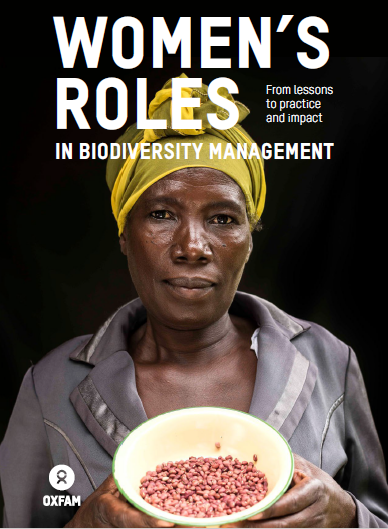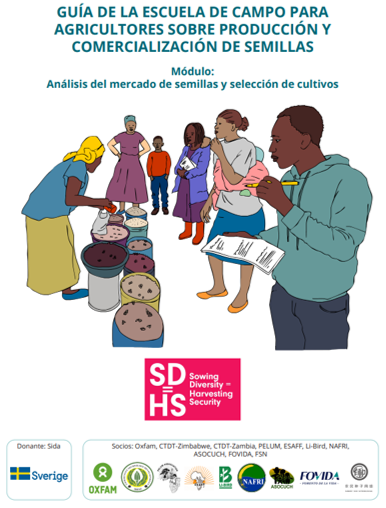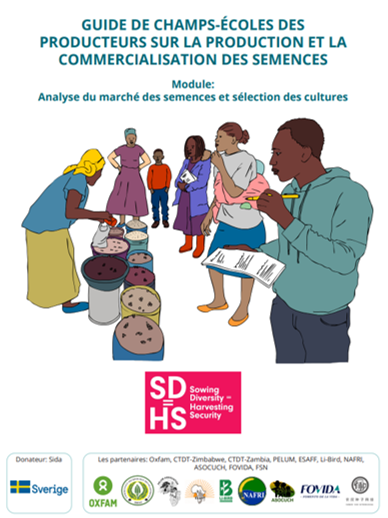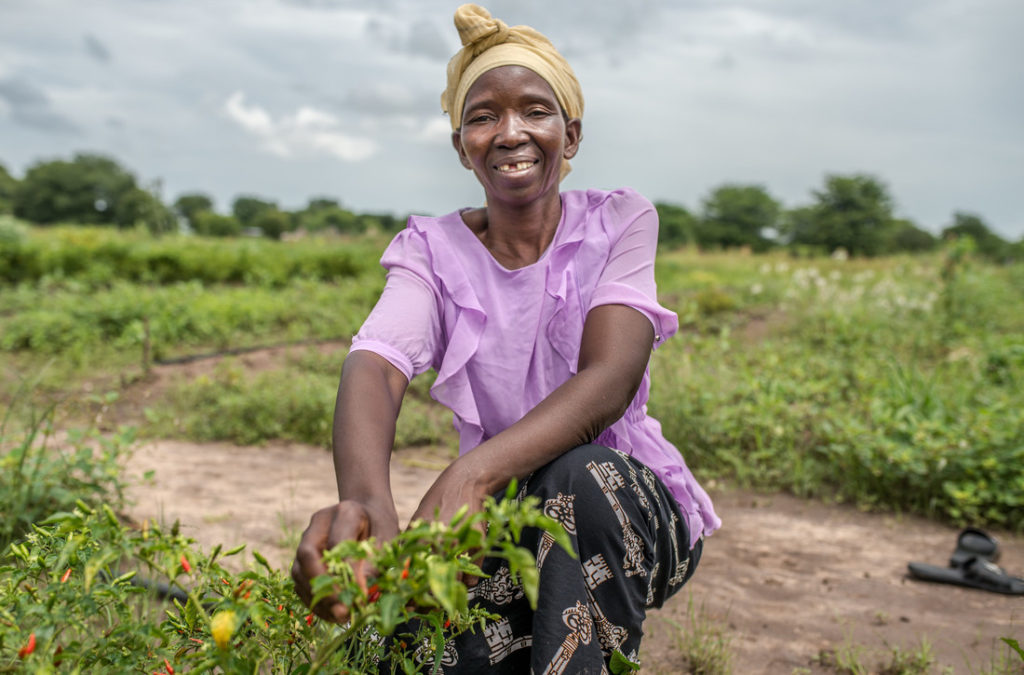NB: A summary of this case study report was included in the UN report on ‘The State of the World’s Biodiversity for Food and Agriculture’. Read more
Indigenous peoples and smallholder farmers, a large percentage of whom are women, provide about eighty percent of the food consumed in almost all of the developing world, contributing significantly to food and nutrition security and poverty reduction. Throughout history, plant genetic resources that are essential to household food security and livelihoods have mainly been managed by women. As a result, women tend to be more knowledgeable about the different characteristics and traits (e.g., agronomic, nutritional, culinary, processing and storage), and are primarily responsible for managing and conserving both cultivated and harvested plants.
This study gives insight through three case studies, describing the context and reality of women smallholder farmers in Peru, Vietnam and Zimbabwe. The case studies focus mainly on the innovation, lessons, and achievements in gender inclusion, and highlight the different role that women play in seed management. The case studies are based on base- and end line survey results and focus group discussions.








